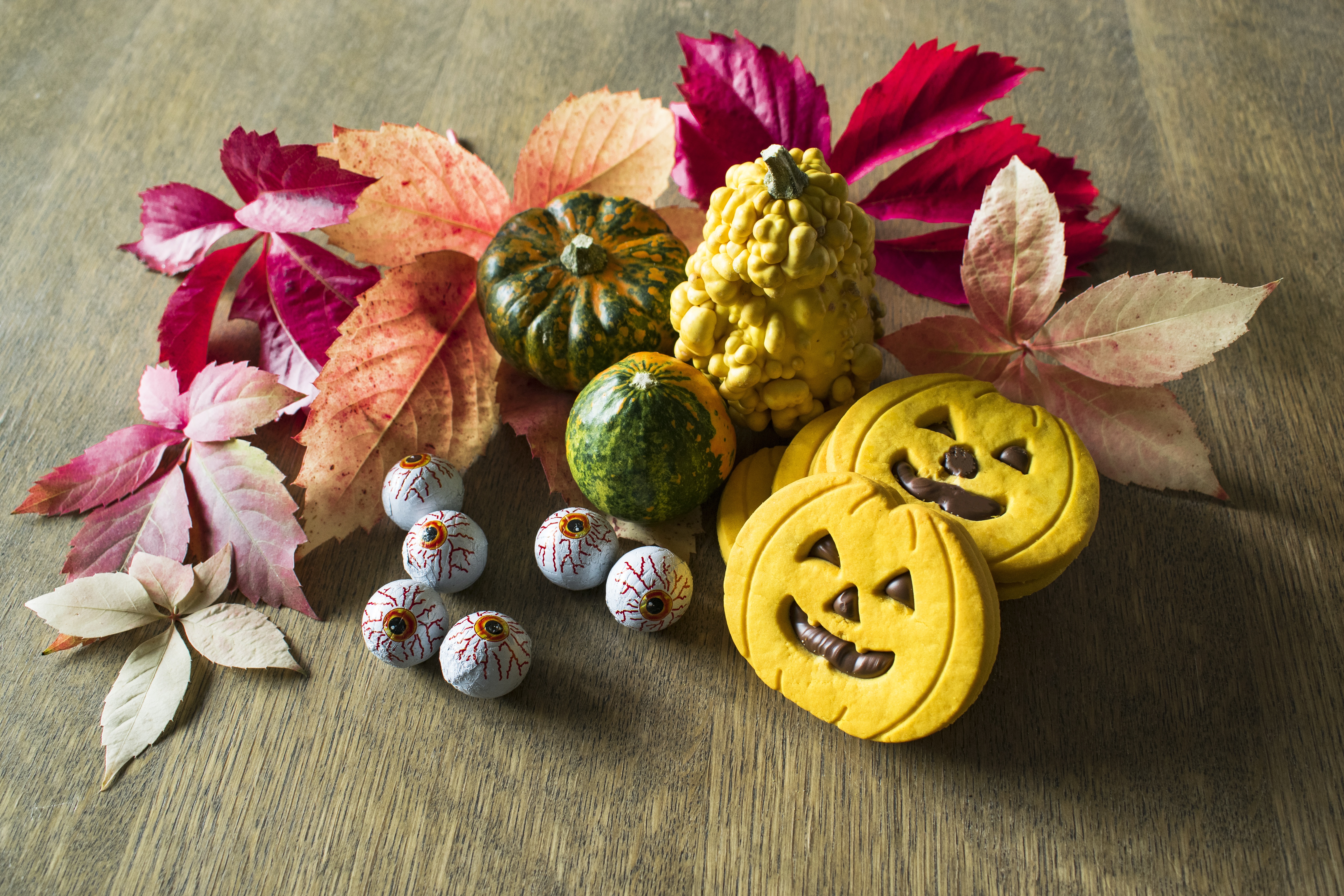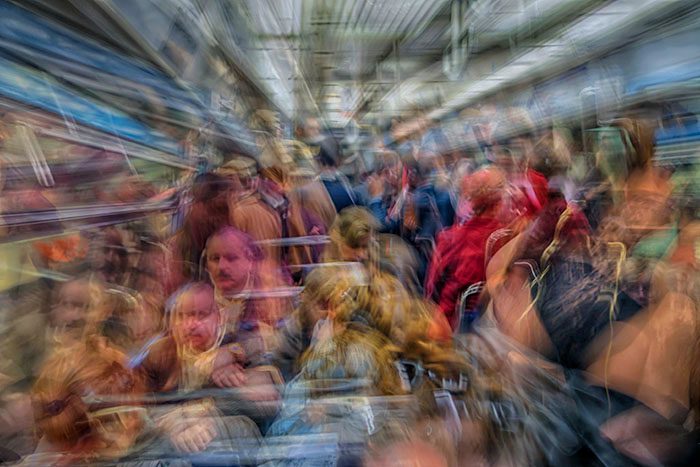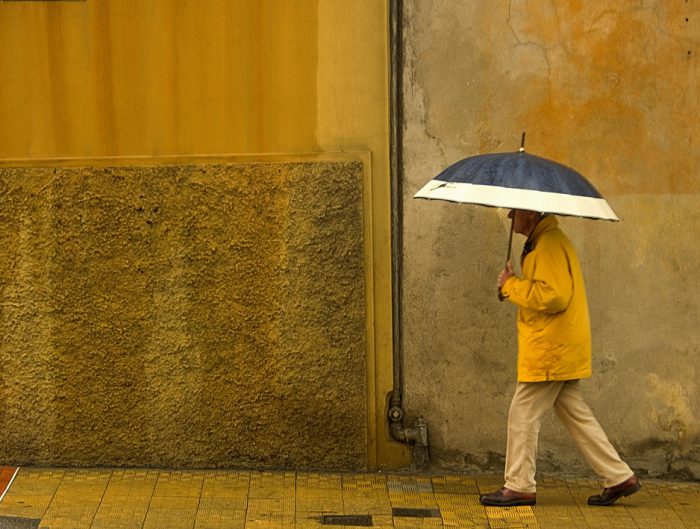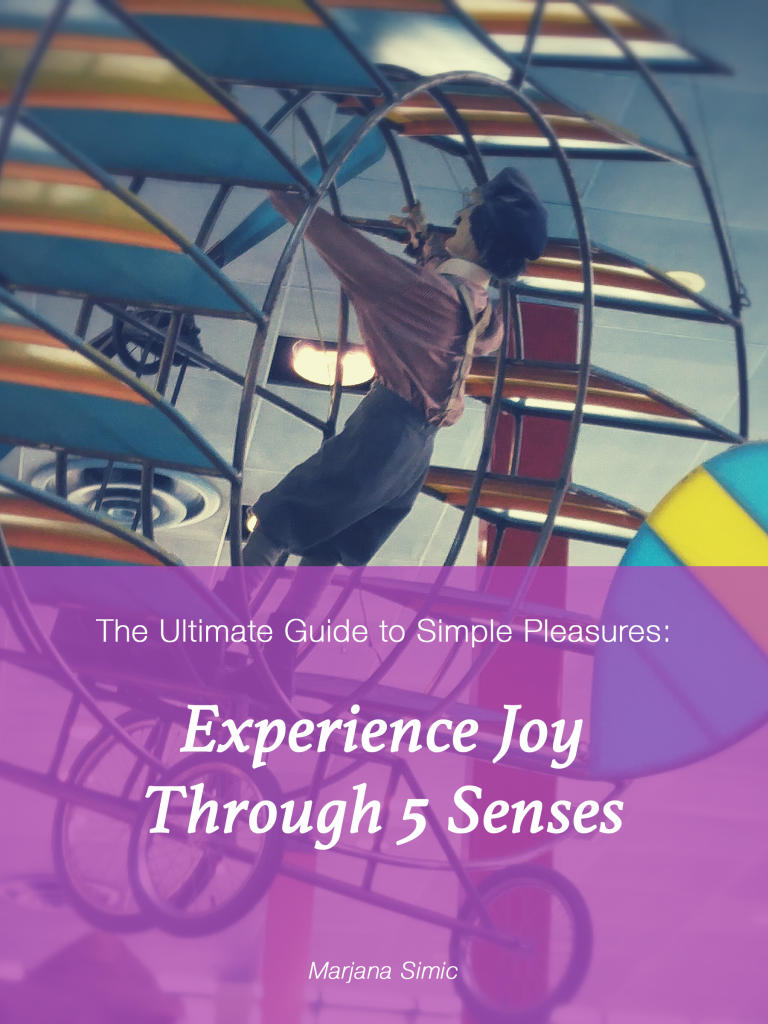I admit, the title of this post sounds daunting, or at the very least, unnatural. Why should you get comfortable with the concept of death? Even if you believe it’s a good idea, how the heck do you do it? I wanted to write about this topic for a long time, and now that the Day of the Dead has just passed, I wanted to highlight some misconceptions many people have about death.
Most people fear death. In fact, it is the only true fear that humans have. All psychological and physical fears point toward the ultimate result – death. If you are afraid of heights, it is because you think you might fall and die. If you are afraid of an animal, a snake let’s say, it is because you think it will poison you to death. If you are afraid of losing your job, it is ultimately because you think you would not be able to afford food and housing, which can leave you on the street to die. If you are afraid of losing a loved one or ending a relationship, it is because you think your heart will literally break and you wouldn’t be able to live without them, therefore you think you might die. All fears, when analyzed further, point to death.
So what is death? Why is it scary when we know it’s inevitable? Why are we basing our whole lives around it, or rather, trying to avoid it? Take a few moments to think about this and answer these questions.
The answers to the above questions typically vary from person to person. Most common answers are the following: fear of detachment and how the loved ones will fare after we’re gone, fear of the afterlife or the unknown, fear of the pain or suffering that may be encountered, and fear of not accomplishing everything we wanted to accomplish in our lifetime.
But what if we looked at all these answers from a different perspective – looking forward to eternal peace, trusting that the loved ones will be alright by trusting that everyone has their own path to follow whether we’re in their lives or not, being grateful for the experience of living because some don’t even make it past birth, and generally believing that our soul remains after we’re gone? In fact, the last point is one of the teachings of Buddhism.
The Buddhist religion is known for its viewpoints on afterlife – a person either enters another body (through reincarnation) or enters nirvana (an enlightened state) – meaning there is life after death. In fact, a Buddhist nation of Bhutan is known as the happiest nation on earth so it’s both ironic and eye opening that its people think about death 5 times a day (source: Bhutan’s Dark Secret to Happiness). They know that life doesn’t end at death so they don’t fear death. Would you live your life differently if you believed this?
Recently I read an article entitled Quantum Theory Proves Consciousness Moves To Another Universe After Death which ties in to the concept of life after death (you can read the full article here). Dr. Robert Lanza, one of the top scientists in the world claims:
If the body receives consciousness in the same way that a cable box receives satellite signals, then of course consciousness does not end at the death of the physical vehicle. In fact, consciousness exists outside of constraints of time and space. It is able to be anywhere: in the human body and outside of it.
For the longest time, Dr. Lanza’s findings used to be only a theory, but today more and more scientists agree with him. If our consciousness doesn’t die with physical death, and we merely enter another body in another universe, what is there to fear?

© PactoVisual | Pixabay.com
It can be comforting to know that someone would celebrate you after you are gone, that you would not be forgotten. It’s one less worry about death. Many nations around the world celebrate their ancestors. Most of these holidays occur during the fall harvest. The night between Halloween (October 31) and Day of the Dead (November 1) is considered to be the night when the portal between the worlds is the thinnest. The Day of the Dead is an annual holiday celebrated by Mexican people over 2 days. This is the time they pay respects to the dead in a very festive way. Similarly, Chuseok is Korean largest holiday honoring the dead where at night, under the full moon, the people perform traditional folk dances. Buddhists and Taoists celebrate the Hungry Ghost Month by placing food on altars to appease the hungry spirits. They also leave paper offerings (in the form of cars, watches, and fake money) in metal bins that they set on fire as offerings to the ancestors. Orthodox Christians also clean the grave sites, light the candles, and say prayers for the deceased. In Serbia, this is done 4 times during the year.
Honouring the dead can be practiced by anyone or at any time or day. You could make up your own tradition and pass it down to younger generations. The benefits would include an appreciation of one’s life and more familiarity with death resulting in less fear.
A Simple Guide
Here are some steps you can take to reduce or eliminate your fear of death:
- Accept that death is a natural part of life cycle. Say out loud, “Death is natural and there is nothing to fear.” View it as an ordinary process that everyone must go through.
- Think about death once a day for 5 minutes. By forcing yourself to think about death, you are rewiring the brain cells to have less fear. Set a routine for this – perhaps 5 minutes upon waking up or before going to bed. Some things to ponder: Why do I fear death? Is it really that bad? What do I gain by fearing death? Can I view death from a peaceful angle? What are my beliefs on afterlife? List all the things you accomplished so far.
- Celebrate the lives of lost loved ones. You can be creative with this one – light up a candle on their would-be birthday, say a prayer, make a special treat, visit a special place, dress in a certain way to commemorate them – the possibilities are endless. By introducing this tradition, you are allowing a raised awareness of the concept of death which will help you handle any death down the road more easily.
- Believe in the afterlife. There is an increasing number of scientific articles pointing to life after death. Do your part and research this topic further for a peace of mind and educate loved ones on your findings.
I can see how thinking about death can be both upsetting and calming to the mind. A person’s upbringing and the cultural environment are a couple of factors that can affect how he or she feels about death. Ultimately, it’s all about how a person chooses to look at it. Personally, I would rather welcome death than be anxious about what it entails. And that is my message to everyone – don’t resist what you can’t control, but rather control what you can – embrace death with a full heart and smile in its face.
When your time comes to die, be not like those whose hearts are filled with fear of death, so that when their time comes they weep and pray for a little more time to live their lives over again in a different way. Sing your death song, and die like a hero going home. – Tecumseh






Leave A Reply